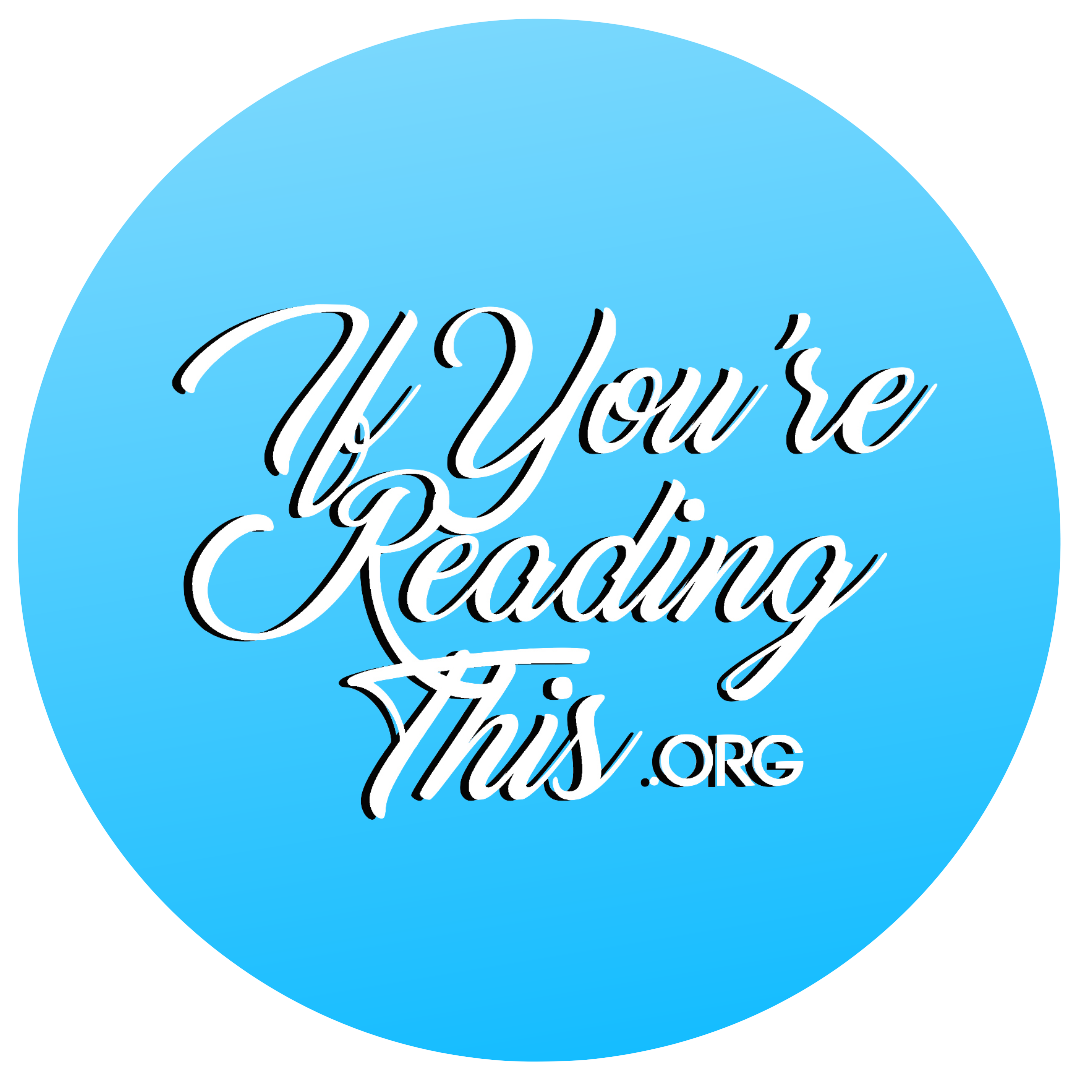If you’re reading this, you are never “not sick enough” for recovery.
My mental illness created rules in my head, walls around me that felt suffocating. These rules dictated exactly how many calories I could eat for each meal, how many I should burn as I exercised each day, and when I could have my meals. Life became an ongoing math problem. The rules told me to ignore the survival cues my body was giving me - hunger, soreness. That those no longer had meaning. And I believed it. It made me feel successful and strong-willed for being able to stick to my plan. Although I started following my rules years ago, when the pandemic started and I lost all external control, I buckled down even harder on what I could have control over, calories.
I didn’t know that these rules were an eating disorder, that they had slowly taken over my life, day by day and meal by meal. I had no idea that it wasn’t normal to be thinking about food as soon as I woke up, every minute of the day, and again as I went to sleep. That it wasn’t normal to measure each bite of food I took and meticulously record my meals and exercise in a journal. That’s what health is, I would think to myself, it takes hard work to care for my wellness but I’m capable.
An eating disorder gives you the illusion of control while it slowly strips it from you.
It took hitting an absolute breaking point, where my rules became so absolute that I almost never broke them, and when I rarely did, I felt such extreme guilt that I was driven to purging, to reach out to the counseling center. No one in my life knew that I was struggling with food besides this helpful stranger that I saw on Zoom, my newfound therapist.
If you are debating taking this step, ask yourself what is telling you not to, you or your eating disorder. Only one of those will gain from you not seeking help.
It took months of having my parents cook all my meals for me, stopping all exercise, eating each and every one of my fear foods, and hours of therapy, to begin to feel like myself again. I confided in every person in my life, allowing myself to lean on others to guide me through recovery – not something that I’m naturally good at. I started to feel happier, I got color back in my cheeks, I got energy back, my hair stopped falling out, symptoms that I didn’t know I had disappeared, and I was eventually declared recovered, and I finally felt that way.
I used to pretend I had homework when I was too scared to eat out at a restaurant with my friends. I used to tell people, and myself, that I hated foods I forgot I once loved because I was too scared to love something that went against my rules. I used to have conversations with people without being able to listen to a word they were saying because in my head I was thinking about food. When I recovered, I didn’t just gain back my relationship with food, but my relationship to my loved ones and the world around me.
You are not weak for having an eating disorder, and you do not have to go through this alone. You are strong for seeking help, and brave for standing up to it.
Keely, Villanova University ‘23


